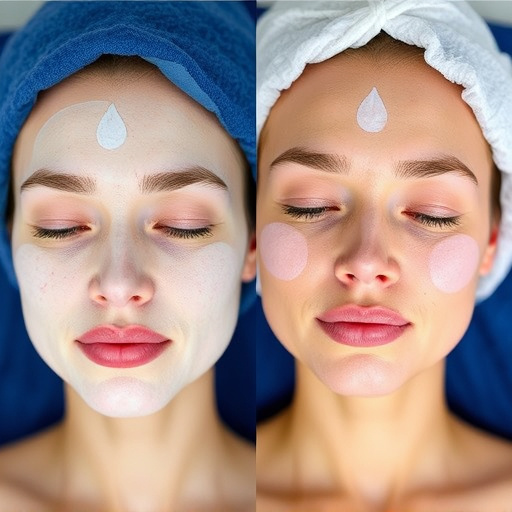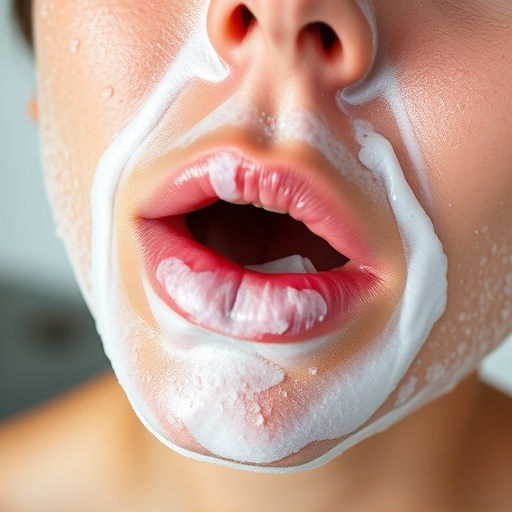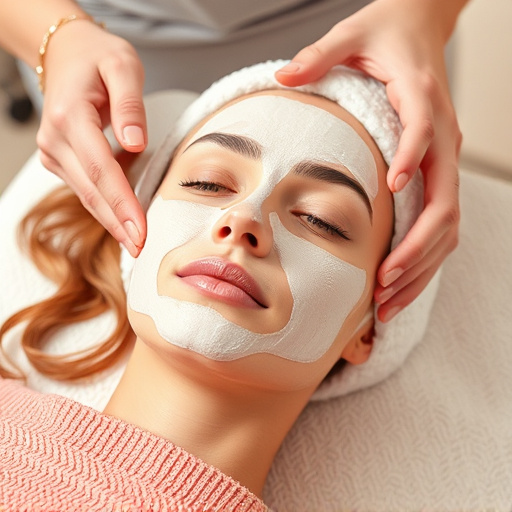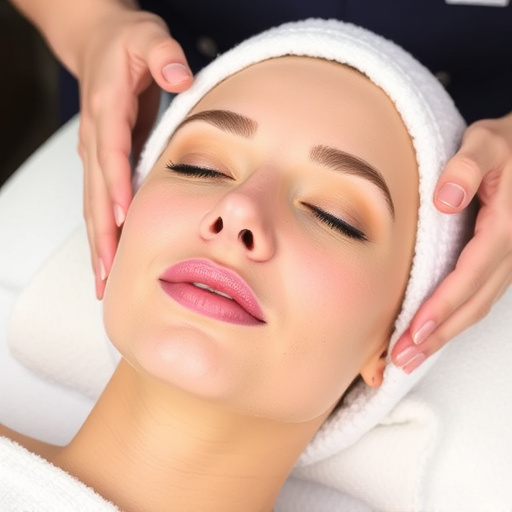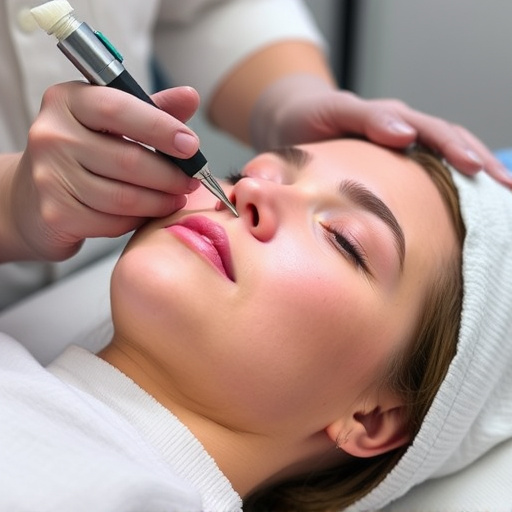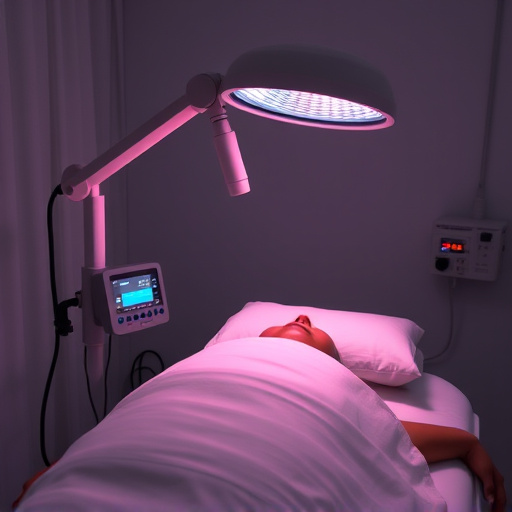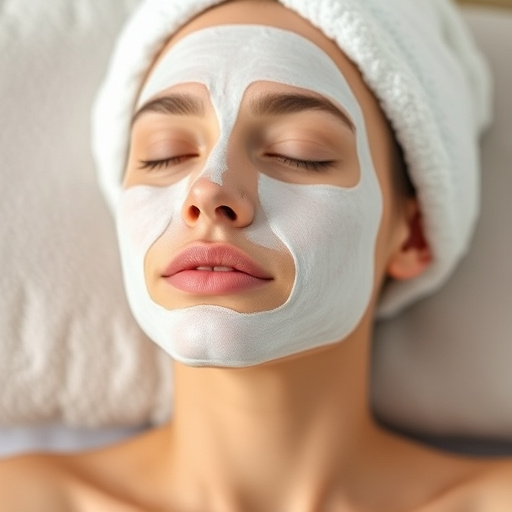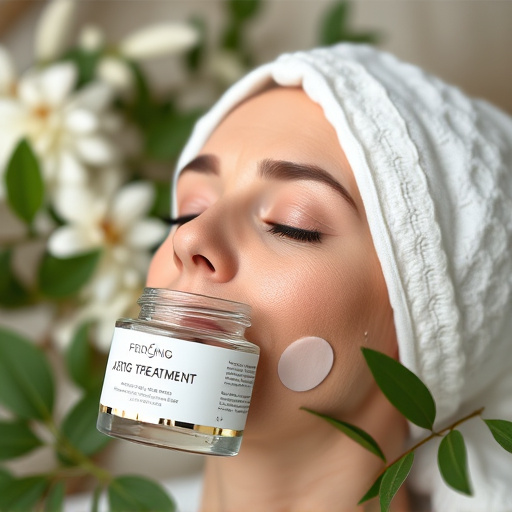Pore cleansing treatments can harm sensitive skin due to ingredients like AHAs, BHAs, and exfoliants. For those with sensitive skin, choosing gentle, mild cleansers free from harsh chemicals is crucial. Incorporating such treatments requires careful selection of fragrance-free products, low-concentration chemical exfoliants, and performing patch tests. Regular use alongside hydrating facials can improve skin health without discomfort.
Is your skin sensitive and you’re wondering aboutpore cleansing treatment safety? This guide explores whether these treatments are suitable for delicate complexions. We delve into the potential risks of pore cleansing, helping you identify if your skin falls into the sensitive category and what practices ensure its safety. By understanding both, you can make an informed decision on incorporating pore cleansing into your skincare routine.
- Understanding Pore Cleansing Treatments and Their Potential Risks
- Identifying Sensitive Skin: Symptoms and Needs
- Safe Practices for Incorporating Pore Cleansing into Sensitive Skin Care Routine
Understanding Pore Cleansing Treatments and Their Potential Risks
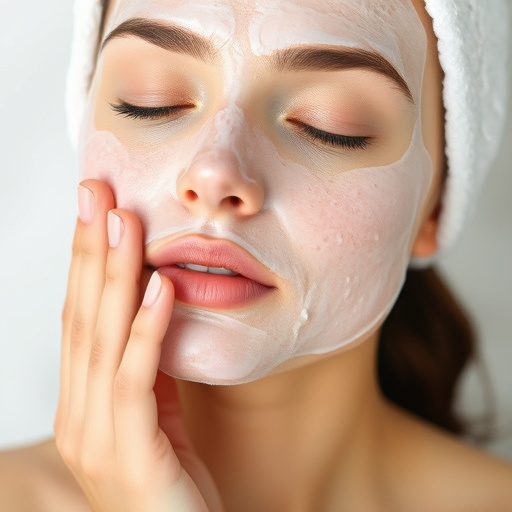
Pore cleansing treatments have gained popularity for their purported ability to deep clean and unclog pores, leaving skin feeling refreshed and appearing more refined. However, for individuals with sensitive skin types, these treatments can pose potential risks. Sensitized skin is often reactive and vulnerable to irritation, redness, and dryness. Common ingredients in pore cleansing treatments such as alpha hydroxy acids (AHAs), beta hydroxy acids (BHAs), and certain exfoliants can be too harsh for sensitive skin, leading to discomfort or even exacerbating existing conditions like rosacea or eczema.
Moreover, some pore cleansing treatments promise dramatic results, but they might strip away the skin’s natural protective barrier, causing further irritation. It’s essential to approach these treatments with caution and prioritize gentle, hydrating facials that promote skin health without causing distress. Opting for non-irritating ingredients and focusing on maintaining a balanced moisture level can be more beneficial for sensitive skin types in the long run, ensuring both effective cleansing and body contouring without sacrificing skin wellness.
Identifying Sensitive Skin: Symptoms and Needs
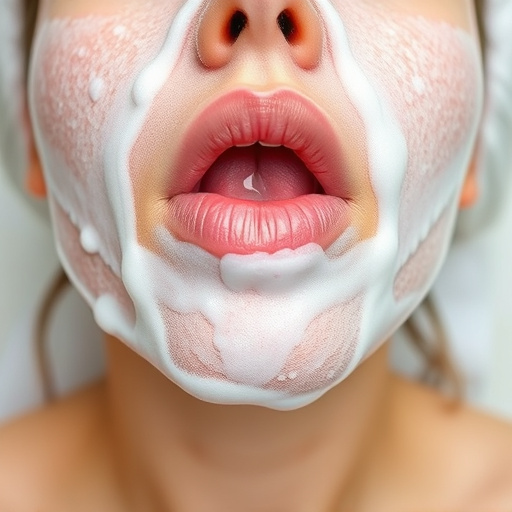
Identifying sensitive skin goes beyond simply knowing if your face turns red after applying a particular product. It involves recognizing a range of symptoms that signal your skin’s unique requirements. Persistent redness, itching, stinging, or burning sensations are clear indicators. You might also notice flakiness, dryness, or a tight feeling after cleansing, suggesting your skin barrier is compromised. For those with sensitive skin, the goal of any skincare routine isn’t just to cleanse but to soothe and nurture.
Understanding these cues is crucial when considering pore cleansing treatments. While deep cleaning is essential for overall skin health, including managing acne and reducing wrinkles, it’s equally important to choose products and techniques that won’t exacerbate sensitivity. Look for gentle, mild cleansers free from harsh chemicals or irritants. Prioritizing ingredients known for their calming properties like aloe vera or green tea can help ensure your pore cleansing treatment is safe and effective for your delicate skin type.
Safe Practices for Incorporating Pore Cleansing into Sensitive Skin Care Routine
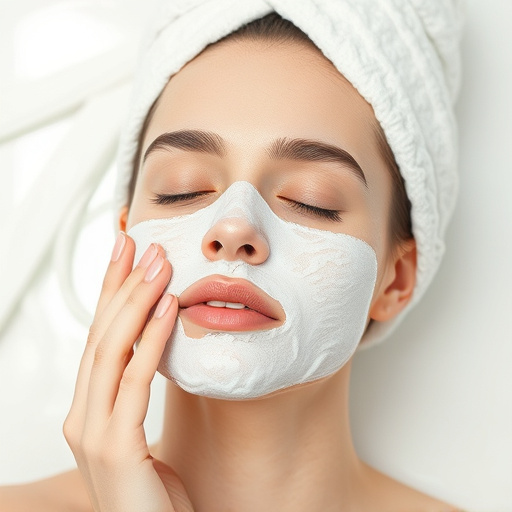
When incorporating pore cleansing treatment into a sensitive skin care routine, it’s essential to prioritize safe practices to avoid irritation and potential damage. Start by choosing mild, fragrance-free products designed specifically for delicate skin. Avoid aggressive exfoliants or harsh chemicals that can strip away natural moisture barriers. Opt instead for chemical exfoliants like AHAs (alpha hydroxy acids) or BHAs (beta hydroxy acids) in low concentrations, which are gentler on sensitive skin.
Before applying any pore cleansing treatment, perform a patch test on a small area of your skin to check for allergic reactions. Additionally, maintain a consistent skincare routine and remember that patience is key. Regular use of gentle pore cleansing products, combined with hydrating facials or anti-aging treatments tailored for sensitive skin, can help improve overall skin health without causing discomfort.
Pore cleansing treatments can be beneficial for all skin types, but it’s crucial to approach them with caution when dealing with sensitive skin. By understanding potential risks and adopting safe practices, individuals with delicate complexions can incorporate pore cleansing into their routines without causing irritation. When done correctly, these treatments can help unclog pores, improve skin texture, and enhance overall complexion, making sensitive skin types look and feel their best.
